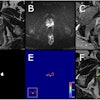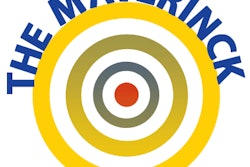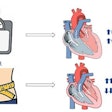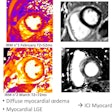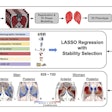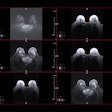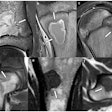Dear MRI Insider,
Compared with examinations of the knee, 7-tesla shoulder MRI has been slow to evolve as a clinically viable technique, but that appears to be changing.
A German study presented at the International Society for Magnetic Resonance in Medicine (ISMRM) annual meeting in Montreal showed that excellent scans of the shoulder can be acquired in 25 minutes at 7 tesla. The Essen group also revealed details about the protocols they use. Don't miss our news report.
Breast MRI pioneer Prof. Christiane Kuhl gave the all-important final lecture at ISMRM 2019, and she did not disappoint. Tools such as deep learning mean that screening strategies can now be adapted to a woman's lifetime risk of developing breast cancer and vastly improve the chance of a successful diagnosis, she said. Go to our article live from the congress.
The future of contrast agents continues to generate considerable interest. The Maverinck is a veteran in this area, having worked in the field for nearly 40 years, and he's written a new column about the topic. In case you didn't see it, the first part of his glimpse into the modality's future -- MR imaging: Quo vadis? -- makes compelling reading too.
Meanwhile, body postmortem fetal MRI is evolving rapidly. This was evident from the enlightening interview with Dr. Owen Arthurs, from London's Great Ormond Street Hospital.
The capacity of a fetus' head to change shape during the second stage of labor, or fetal head molding, is well known but hardly ever examined with medical imaging. Researchers from France have shared their experiences of 3D MRI in this area.
This letter features only a few of the many articles posted over the past month or so in the MRI Community. Please scroll through the full list of our coverage below.

